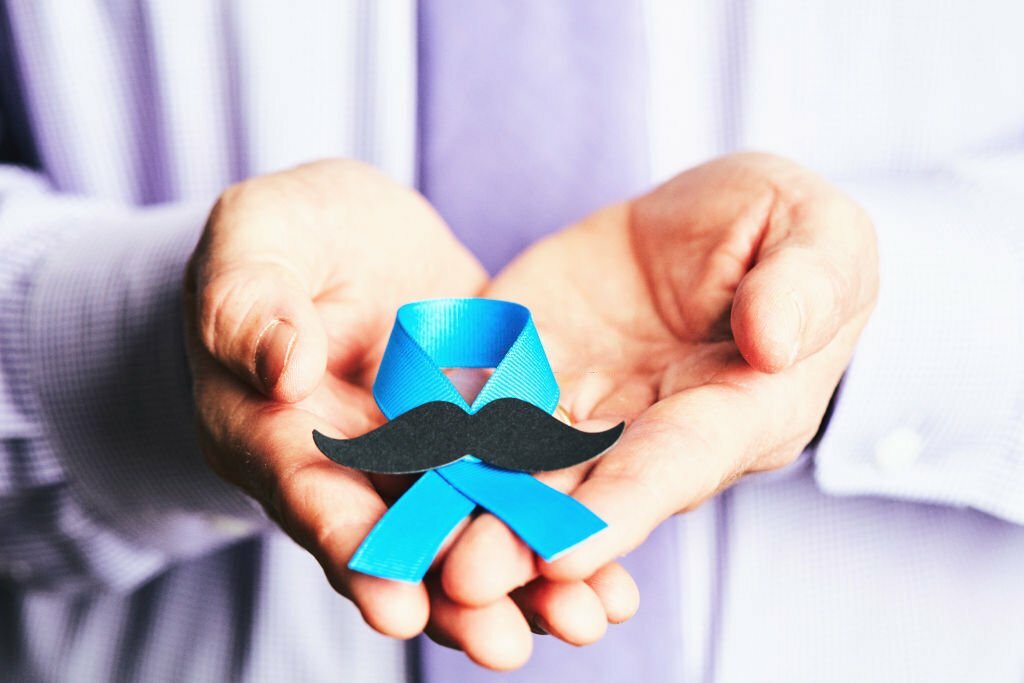Table of Contents
This article explores the potential reasons and rationale behind banning flavored cigarettes. It examines the arguments for and against prohibiting menthol, fruit, candy, and other flavored cigarette products aimed at young people.
Flavor bans have been shown to reduce youth e-cigarette use and may prompt some current users to quit smoking. However, the overall impact is mixed and may depend on other factors. The new FDA standards, if implemented, would significantly reduce tobacco product appeal and help cut inequities in cancer outcomes. They could also address health disparities experienced by communities of color.
The main reasons for the ban
It is well known that flavors, especially menthol, lure youth into tobacco use and make quitting harder. Flavored tobacco products are often more attractive to younger children and have more flashy packaging and advertising than their unflavored counterparts. The tobacco industry knows this, so they fight to keep flavors available and delay or block flavor bans. Federal law prohibits characterizing cigarette flavors (except for mint and wintergreen) but exempts menthol. Where are flavored cigarettes banned? Several local-level policies restrict flavored tobacco product sales, and many exclude menthol cigarettes. The FDA’s proposed new policy would expand on the existing laws by requiring manufacturers, distributors, wholesalers, importers, and retailers only to sell cigarette and cigar products free of characterizing flavors (except for nicotine) and remove any references to the presence of flavors on their packaging. This could reduce tobacco and e-cigarette use initiation by youth, increase cessation among current smokers, and address disparities for communities of color, low-income populations, and LGBTQ+ individuals.

Cigarette and other flavored tobacco bans
Flavored tobacco hooks millions of youth, making them more likely to start smoking and harder to quit. Menthol, in particular, increases the appeal of cigarettes by masking the harsh taste and cooling the throat. Flavors like cherry, cookies, and cream, and cotton candy can be found in convenience stores, candy aisles, and ice cream freezers – making them especially appealing to young people and those not yet familiar with smoking or the harms of tobacco use. These flavors are also used in other flavored tobacco products, such as open-system e-cigarettes, vape pods, and cigars. Across the United States of America, cities are taking movement to restrict the sale of flavored cigarettes and other tobacco products, inclusive of menthol. The federal Food and Drug Administration has been running to put in force national coverage to reduce teenagers’ tobacco use, which may take years. Research shows that cigarette and other flavored tobacco bans can reduce youth initiation, increase smoking cessation, and advance health equity. The disproportionate burden of smoking-related illness on Black communities underscores the importance of targeted policy efforts to reduce flavored tobacco product use. Cities can lead the way by adopting and implementing local policies.

Understanding the ban
Cigarette smoking is the leading cause of preventable disease, disability, and death in the United States. Over 30 million Americans currently smoke, and millions use e-cigarettes and other tobacco products. Many of these smokers began using these products as teenagers, and studies show that flavored tobacco products, including menthol cigarettes, are especially appealing to youth. Menthol and other flavors make smoking easier to start, and they help smokers maintain their habit. This is why the tobacco industry fights so hard against bans on flavored cigarettes. However, public health experts know banning flavored cigarettes is a powerful tool for reducing smoking rates and saving lives. To this end, the FDA is working toward issuing proposed product standards within the next year to prohibit menthol cigarettes and to ban all characterizing flavors (other than tobacco and menthol) in cigars. These new tobacco product standards will be based on the precise science and evidence that demonstrate these tobacco products’ addictiveness and harms. They also build on the influential 2009 Family Smoking Prevention and Tobacco Control Act, which banned flavored cigarettes. Great post to read amber heard net worth.
Arguments for the ban
Proponents of a ban argue that flavors such as menthol in combustible cigarettes, sweet and fruit flavors in e-cigarettes and oral tobacco products, and flavored cigars lure kids into using these dangerous and addictive products. Menthol enhances the smoothness of combustible cigarettes and masks the harsh taste and sensation of burning tobacco. This helps kids to become addicted and makes it harder for them to quit. Flavors also disproportionately impact minority communities targeted by the tobacco industry in their efforts to sell more cigarette and vaping products. Several studies have shown that banning flavored tobacco reduces youth uptake and use. For instance, fewer youths are beginning to smoke menthol cigarettes in Canada, wherein a ban on menthol cigarettes has been in the region considering that 2004. The latest take look at e-cigarette customers observed that individuals who continued to apply menthol devices after the ban were more likely to relapse to smoking traditional cigarettes. Local governments and states have been adopting bans on flavored tobacco merchandise. These bans range from restrictions on flavored tobacco accessories like filter tips and flavor capsules to comprehensive bans on all flavored products, including menthol. In addition, some communities are promoting proven quit-smoking services to encourage people who currently use flavored tobacco to stop. These strategies could help reduce the number of adults who continue to smoke.
People Usually Asked
Are flavored cigarettes banned?
Yes, flavored cigarettes except menthol are banned in the United States.
Why are flavored cigarettes banned?
Flavored cigarettes are banned because they appeal to youth and lead to increased smoking initiation by young people.
Are Flavoured cigarettes legal in the US?
No, flavored cigarettes were banned in 2009 under the Family Smoking Prevention and Tobacco Control Act. Only menthol cigarettes remain legal.
What happened to flavored cigarettes?
Flavored cigarettes besides menthol were prohibited in 2009 due to their appeal to youth. Companies can no longer manufacture or sell them in the US.

Liam Stephens is a dynamic and skilled blogger, recognized for his ability to identify trends and create compelling content. As the founder of Remi-Portrait.com, Liam has become a reliable source of information across various fields such as food, technology, health, travel, business, lifestyle, and current events. He specializes in delivering up-to-date technology news and insights, catering to the diverse community that surrounds Remi-Portrait.com. His proficiency and engaging writing style have earned him a dedicated audience, solidifying his reputation in the digital sphere.



